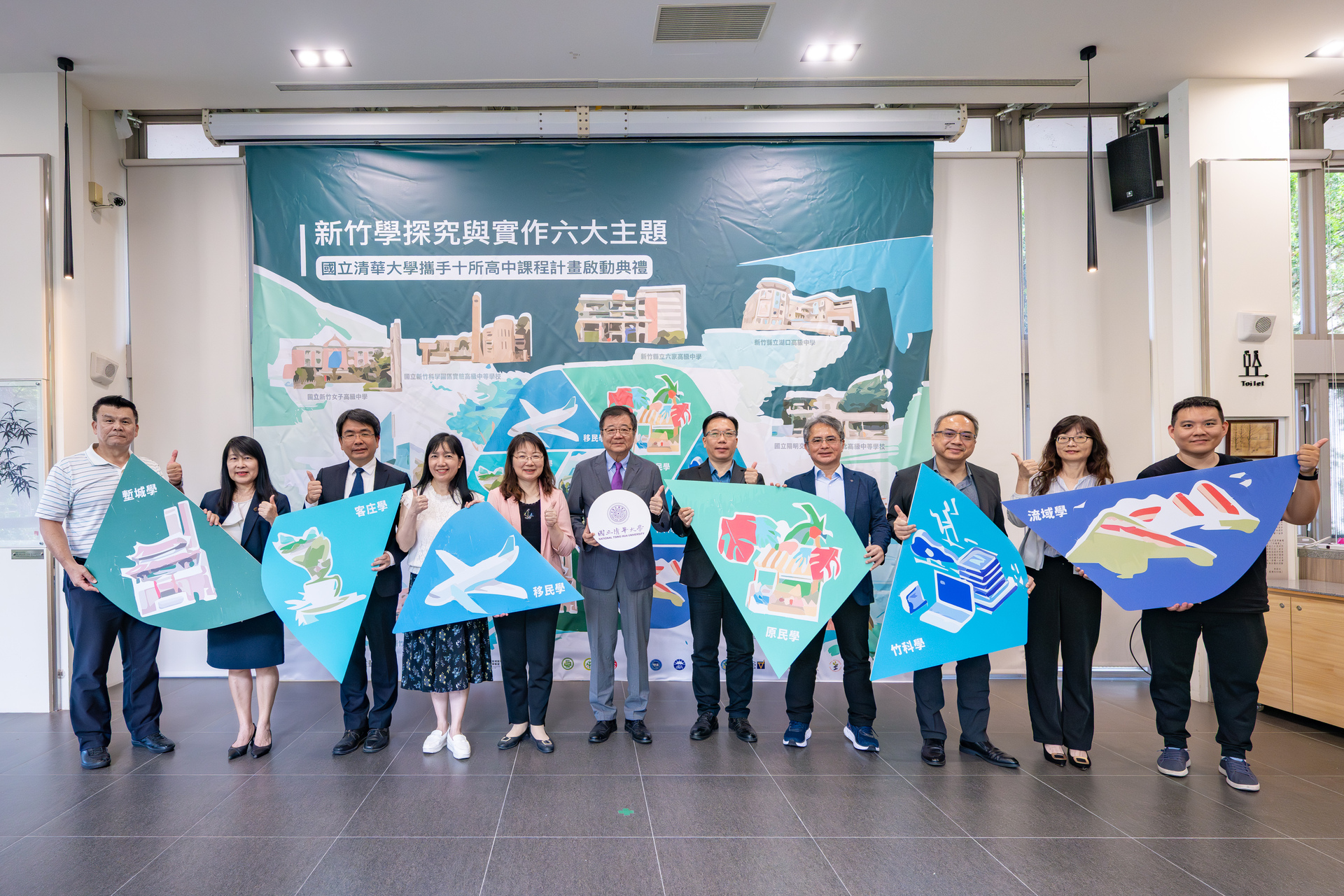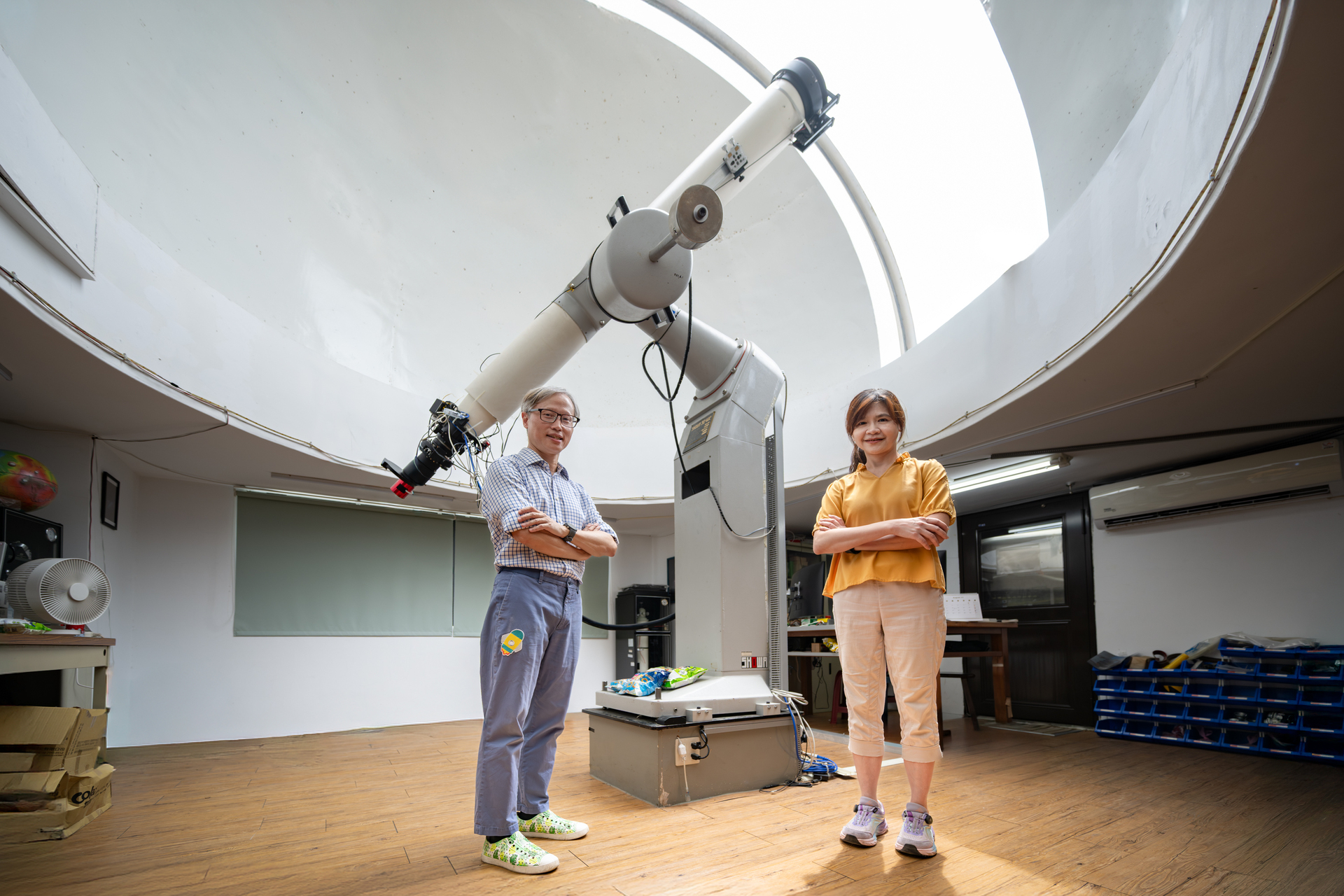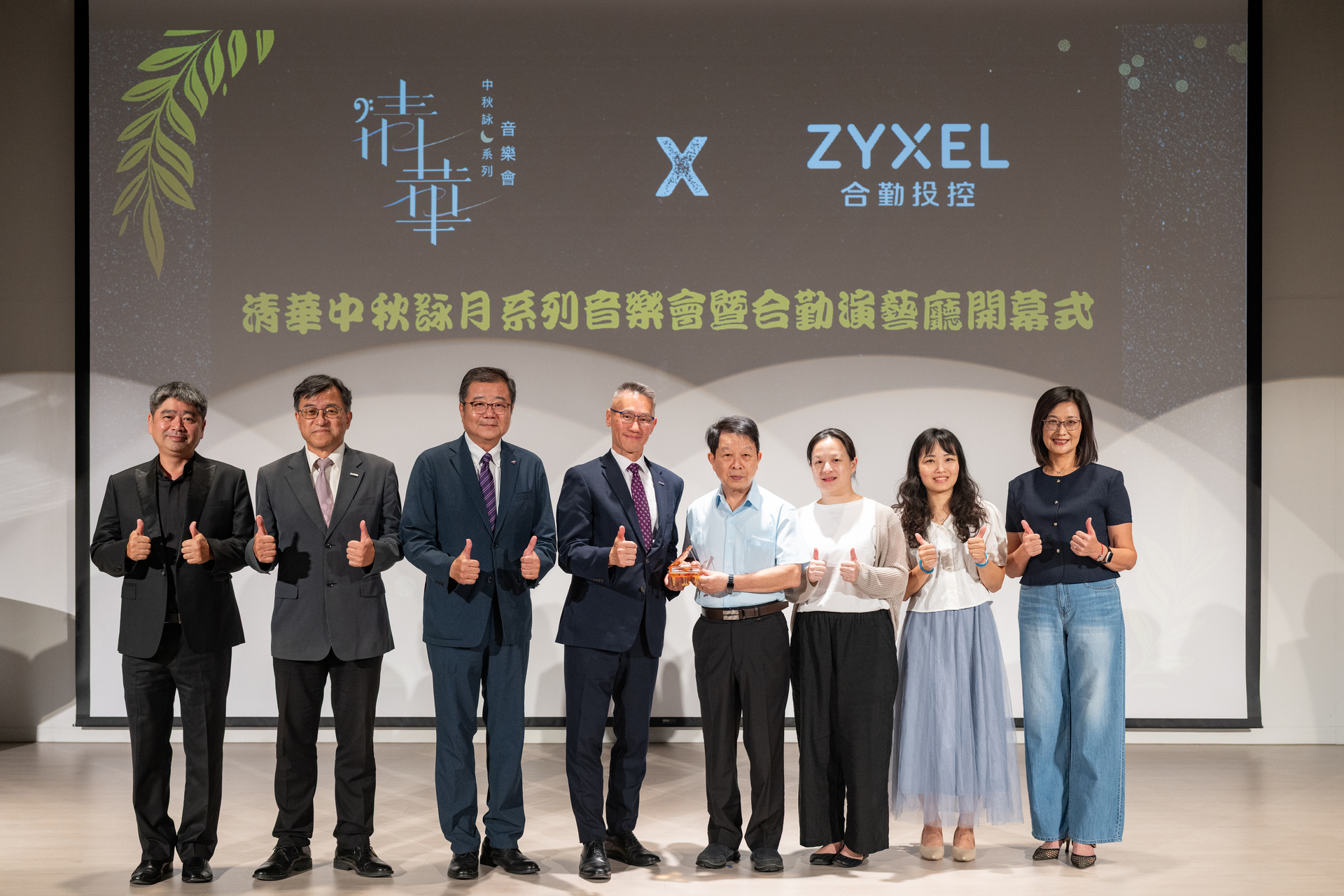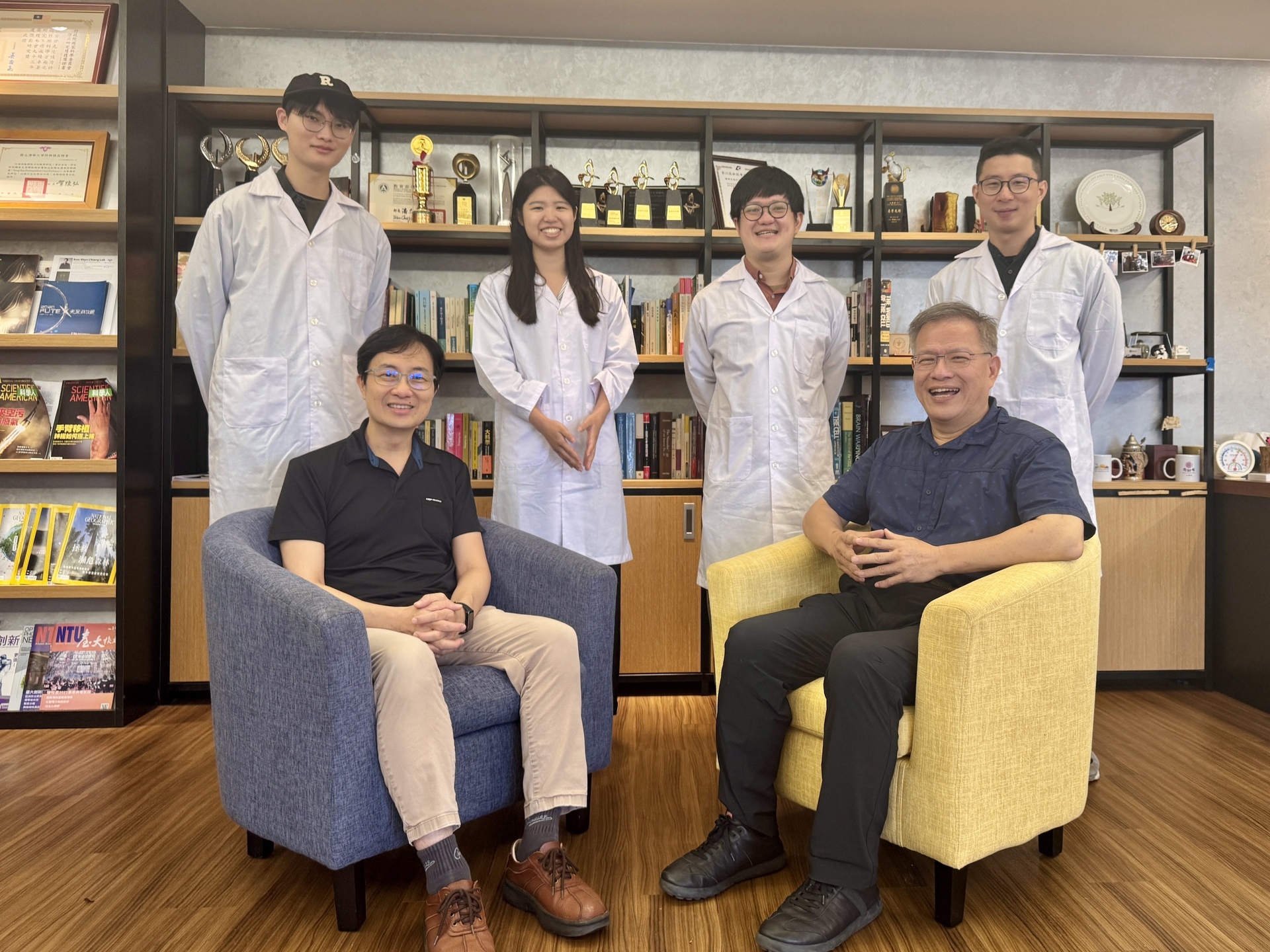NTHU Newsletter
National Tsing Hua University (NTHU) in Taiwan officially launched the pioneering “Hsinchu Studies” (新竹學) exploratory and practical program, partnering with ten local high schools. Learn More
At the Institute of Astronomy, National Tsing Hua University (NTHU), Taiwan, Professor Albert Kong (江國興) led an international research team that identified NGC 6099 HLX-1 as a strong candidate for an intermediate-mass black hole—a critical missing piece in the black hole family. Learn More
The ZyXEL Auditorium at National Tsing Hua University (NTHU) in Taiwan reopens with a stunning new look, ready to welcome audiences back to the Hsinchu arts scene. Learn More
With the new semester beginning next week, National Tsing Hua University (NTHU) in Taiwan held its freshman orientation camp today to welcome over 2,000 freshmen. Focusing on the theme of “Exploring and Unveiling the Mysteries,” the event introduced new students to their first glimpse of university life this year. Learn More
The Director of the Brain Research Center at National Tsing Hua University (NTHU) in Taiwan, Ann-Shyn Chiang (江安世), Professor of the Institute of Systems Neuroscience, Chung-Chuan Lo (羅中泉), and Distinguished Chair Professor of the Department of Physics, Ting-Kuo Lee (李定國), led a cross-disciplinary team that has solved the problem of how fruit flies (Drosophila melanogaster) rapidly decide to either “eat” or “escape. Learn More












